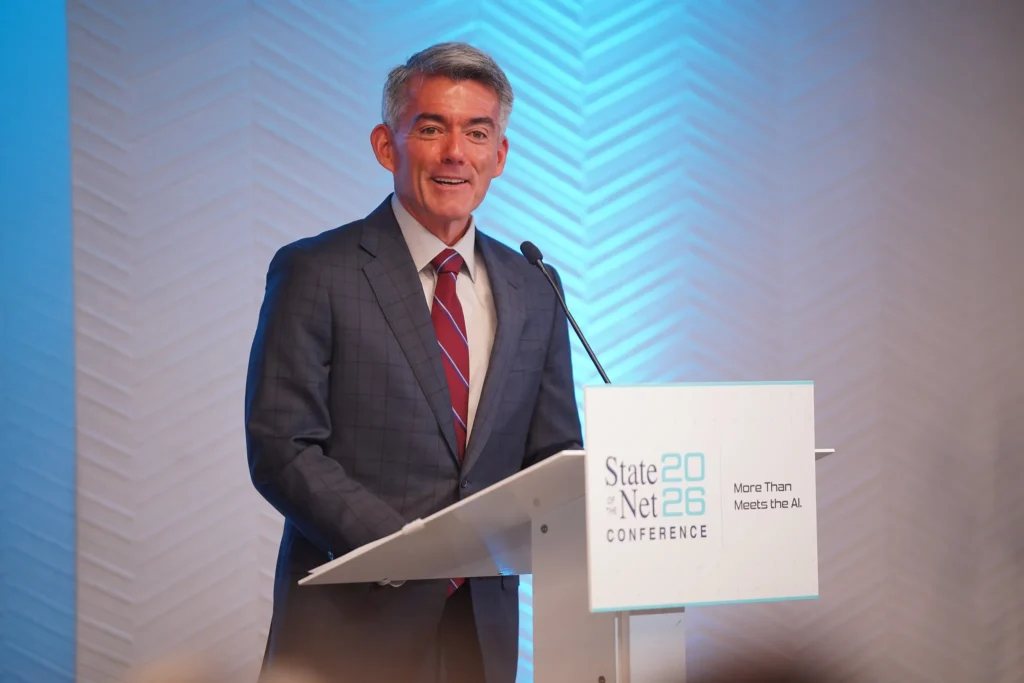If there’s one regulatory principle that has largely been inviolate over the past forty years, it is that new entrants should not be subject to rate regulation. FCC leaders through the decades have consistently recognized that incumbent-style rate regulation of new entrants only serves to discourage the investment necessary to spur competitive entry and the deployment of new and innovative services for American consumers. Until now. On Thursday, the FCC is poised to seek comment on a new regime for regulating commercial communications services traditionally known as “special access,” now called “business data services.” Chairman Wheeler’s proposal to regulate rates for business data services, including rates charged by competitive providers, seems to have forgotten this basic logic. Over the last several years cable operators of all sizes have made significant investments in extending their networks to provide data services to business customers. These businesses will only choose to buy service from a cable operator if the operator is offering a better mix of service and pricing than other companies in the marketplace. The fact that businesses increasingly are choosing their local cable operator for billions of dollars in purchases each year illustrates the substantial benefits the cable industry is delivering to business customers.
“The FCC’s proposal jeopardizes this progress and the benefits cable is delivering to business customers.”
While cable operators are off to a promising start in serving businesses, cable is still the new kid on the block. By way of comparison, just AT&T’s commercial revenue for 2015 was more than twice the commercial revenue generated by the entire cable industry. Consequently, under an appropriate regulatory framework, there are still millions of businesses that could benefit from the competition that cable has demonstrated that it can deliver. Unfortunately, the FCC’s proposal jeopardizes this progress and the benefits cable is delivering to business customers. Specifically, notwithstanding the clear success of the Commission’s historic bias against regulating the rates charged by new entrants, Chairman Wheeler’s proposal inexplicably seeks comment on whether the Commission should begin regulating the rates charged by competitive providers of Ethernet and other business data services. Chairman Wheeler has attempted to defend this proposal by suggesting that the marketplace for these services is a failure and that an entirely new set of technology-neutral rules is needed. Such a theory cannot be reconciled with the fact that cable operators have entered the market and invested billions in new facilities to bring better services and lower prices to millions of businesses. That is the definition of an increasingly competitive marketplace, not a failing one. Some parties suggest that extensive rate regulation is warranted because most commercial buildings are served by a single provider. But that is the wrong statistic to focus on because companies routinely extend their networks to new customers and new buildings. Data collected by the Commission for 2013 shows that 75 percent of business locations are within 375 feet of a competitive fiber network and 59 percent are located within 1000 feet of two or more competitive networks. More recent third-party data also shows that the percentage of commercial buildings connected to fiber has increased substantially (from 36 percent to 46 percent) just in the last three years. In the face of such evidence of expansion, the Commission should be exploring ways to encourage even more construction of facilities, not imposing the most intrusive form of FCC regulation on the very companies that have begun to invest. Nor is it credible to argue that regulating the price of competitive business services is necessary to ensure that wireless backhaul will be available for future wireless services. America’s acknowledged leadership in 4G wireless services came about under the current regulatory regime for special access services, where competitive providers were able to invest in backhaul facilities without fear of intrusive rate regulation. To the extent 5G wireless will require even more robust backhaul capability and even more investment, American leadership depends on retaining these investment incentives to build facilities. Rate regulation that reduces the value of today’s networks and discourages construction of future networks is exactly the wrong approach for the country.









